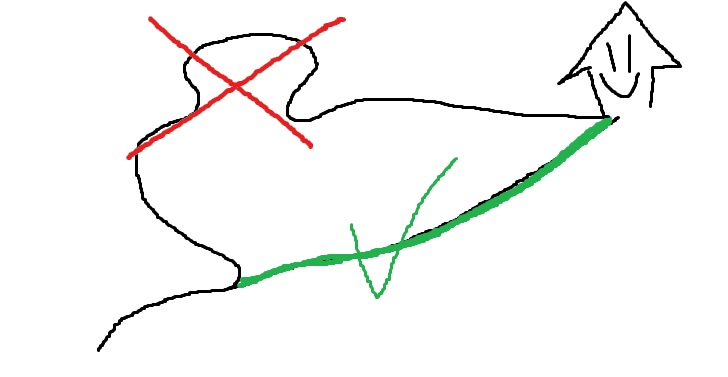require-alias
v1.0.5
Published
Path manager for Node.js
Maintainers
Readme
[Node.js] Alias
Library that might help you deal with Node paths
npm install require-aliasTable of Contents
#Quick example
(Of how one might use it in project)
Simple application with three files and some folders with structure like:
C:\test - the application folder
C:\test\this\is\an\example.js - random export of function that returns string 'foo'
module.exports = function () {
return 'foo';
};C:\test\app.js - the main runnable where to configure alias
var Alias = require('require-alias');
global.alias = new Alias({
aliases: {
'@root': './', // will point to C:\test\
'@folder': 'this/is/an/' // will point to C:\test\this\is\an\
}
});
alias.require('@root/random');C:\test\random.js - just a random file to test alias
// Can be done in any file as long as aliases are defined first and assigned to global
var path = alias.path('@folder/example');
console.log(path); // Output: C:\test\this\is\an\example
var module = alias.require('@folder/example');
console.log(module()); // Output: foo#Full example
/**
* Require and configure Alias with initial options
*/
var Alias = require('../src/require-alias');
var exampleAlias = new Alias({
root: './app/',
aliases: {
'@models': 'models',
'@random': 'random',
'@another': 'another/path',
'@and': 'another/path'
}
});
/**
* Add some more aliases
*/
exampleAlias.add({
'@handlers': 'handlers',
'@bar': 'models/bar'
});
/**
* Add single alias
*/
exampleAlias.add('@bar', 'models/bar');
/**
* Delete single alias
*/
exampleAlias.delete('@random');
/**
* Delete multiple aliases
*/
exampleAlias.delete(['@another', '@and']);
/**
* Get path to foo using alias + path
*/
var pathToFoo = exampleAlias.path('@handlers/for/foo');
var foo = require(pathToFoo);
console.log(foo()); // Output: Foo
/**
* Get path to bar with using only alias
*/
var pathToBar = exampleAlias.path('@bar');
var bar = require(pathToBar);
console.log(bar()); // Output: Bar
/**
* Require module using alias
*/
var moduleFoo = exampleAlias.require('@handlers/for/foo');
console.log(moduleFoo()); // Output: Foo
/**
* This is the basic usage.
*
* You can also use it in other ways to make your life easier. Say you don't like
* the functionality of default require and do not wish to write most of the time
*
* require(alias('@foo/bar'))
*
* You may assign alias to global variable and use it instead of require:
*/
global.alias = exampleAlias;
/**
* Just an example
*/
alias.add('@baz', 'baz');
var baz = alias.require('@baz');
console.log(baz()); // Output: Baz
var pathToBaz = alias.path('@baz');
console.log(pathToBaz); // Output: C:\require-alias\example\app\baz (Or wherever
// your project is located
/**
* Note
*
* Whether you assign alias to global variable or not is up to you. Even though it is
* highly recommended (and also a good practice) to not assign anything to global
* variables, this might be a good candidate for global scope. The intent of this
* "helper" was to make requiring modules and paths easier, maybe even replace the
* majority of cases where "require" is used.
*
*/#API
var alias = new Alias();alias.root.set(String)
String- New root path
alias.root.get()
- Returns current root
alias.storage(String)
Returns path of given alias or the whole storage
String(optional) - Alias (eg'@foo')
alias.add(String, String)
Add single alias
String- Alias (eg'@foo')String- Path reference of alias (eg'../folder/another/folder')
alias.add(Object)
Add single / multiple alias(es)
Object- Key-value object where key is alias and value is path reference alias (eg{@foo: 'foo/bar'})
alias.delete(String)
Deletes single alias
String- Alias (eg'@foo')
alias.delete(Array)
Deletes multiple aliases
Array- Array of strings, each being alias (eg['@foo', '@bar'])
alias.path(String)
Returns path reference of alias
String- Alias (eg'@foo')
alias.require(String)
Returns module export of alias
String- Alias (eg'@foo')


